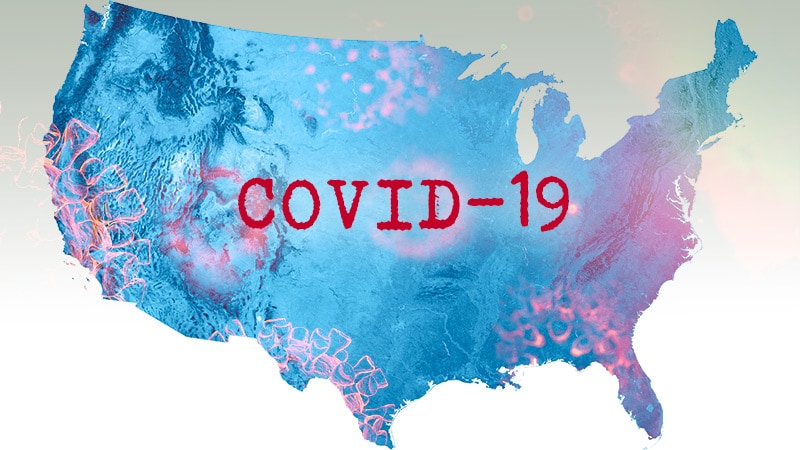
The whole country has been affected, but it’s the scenes from New York that highlight the American drama from afar: the white USNS Comfort hospital ship in the harbor, human remains transported with forklifts in Brooklyn and the emergency hospital, made of white tents, in Central Park. The city, which more than any other city is a symbol of the endless possibilities of globalization and capitalism, is now the epicenter of the pandemic in the United States.
The number of victims has increased rapidly in recent days. On Sunday, Johns Hopkins University listed 308,850 COVID-19 cases (63,306 in New York) and 8,407 deaths (2,624 in New York). The total number of deaths may rise to between 100,000 and 240,000 if Americans strictly adhere to the restrictions in force today. Last week, Americans were stunned by the news that 100,000 body bags had been ordered.
Virologists say the next two weeks will be crucial. Apart from New York, there are large outbreaks in Detroit and Louisiana and new hotspots in Pennsylvania and Colorado. Last Saturday, President Donald Trump was quite blunt about the forecast for the coming week: “There will be a lot of death.”
The epidemic is also rapidly leading to economic disaster. In two weeks, nearly 10 million Americans applied for unemployment because they had lost their jobs, a number that is normally around 500,000 for the same period of time. The economy could shrink by 7% this year.
The United States may be a superpower and an exemplary country, but the pandemic mercilessly exposes the country’s weaknesses. The dislike of federal involvement, large income disparities, lack of protection against employees being terminated and the inferior health care system are now disadvantages.
On top of that, President Trump’s behavior has been utterly irresponsible for weeks. Precious time was lost by first denying the problem and then downplaying it. In mid-January, it was clear that there was a virus outbreak in Wuhan, China, but the U.S. government did not begin purchasing face masks until mid-March.
It took Trump coming face-to-face with the disaster and remaining under constant pressure because of the catastrophic forecasts before he changed his mind. And even now he makes reckless statements.
On Saturday, he again peddled a COVID-19 cure and, while preparing the country for a disastrous week with stark words, he simultaneously raised the possibility of easing restrictions at Easter to allow church attendance. On Friday, when Americans were advised to wear face masks, Trump said he would not follow the advice. You cannot beat a pandemic with disdain for science and a permanent guerrilla war against the “deep state.”
The United States is a country that is not accustomed to hedging against future disaster, and where it does not necessarily fall to the government to care for the weak. That is costing the country dearly now. But the United States is also a country that keeps surprising with new inventions, creativity and energy. A first and major bailout for the economy proved that the widely divided American political scene is not completely paralyzed. Hopefully, the famous “can-do” attitude will not abandon Americans in the coming weeks, and Trump won’t make the situation worse than it already is.

Leave a Reply
You must be logged in to post a comment.